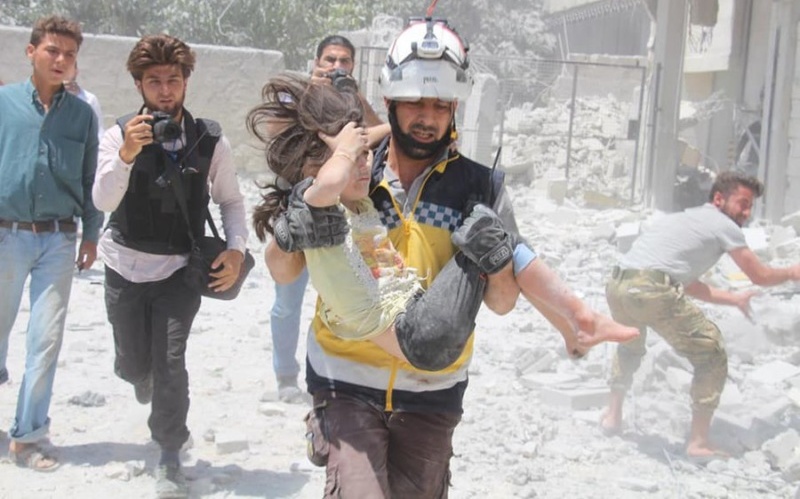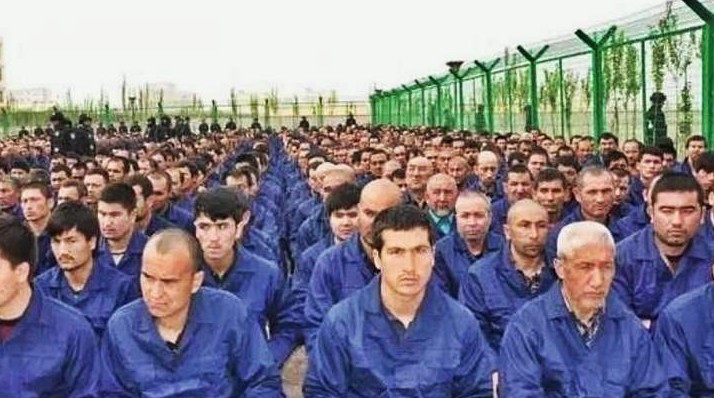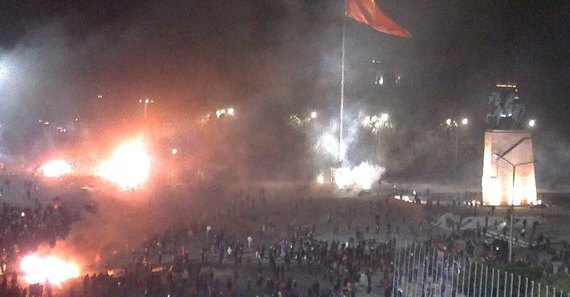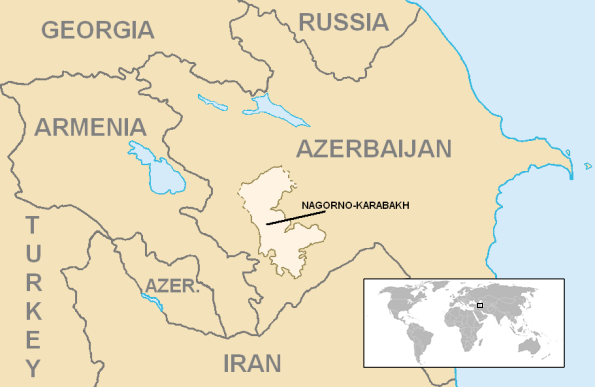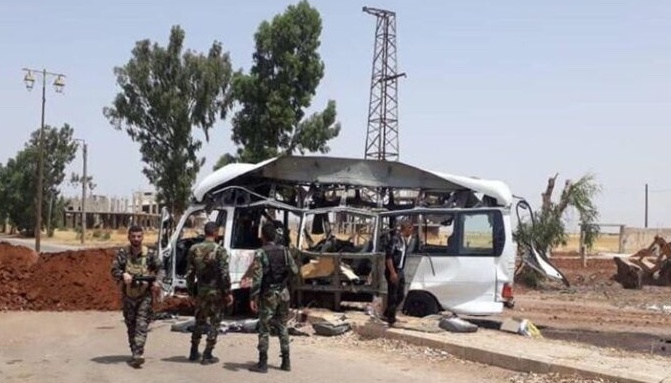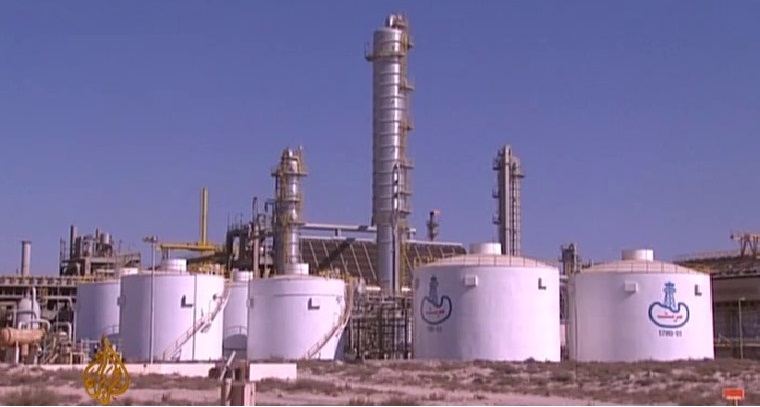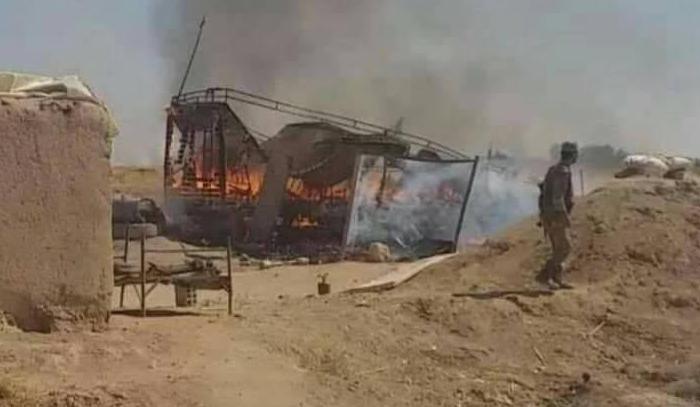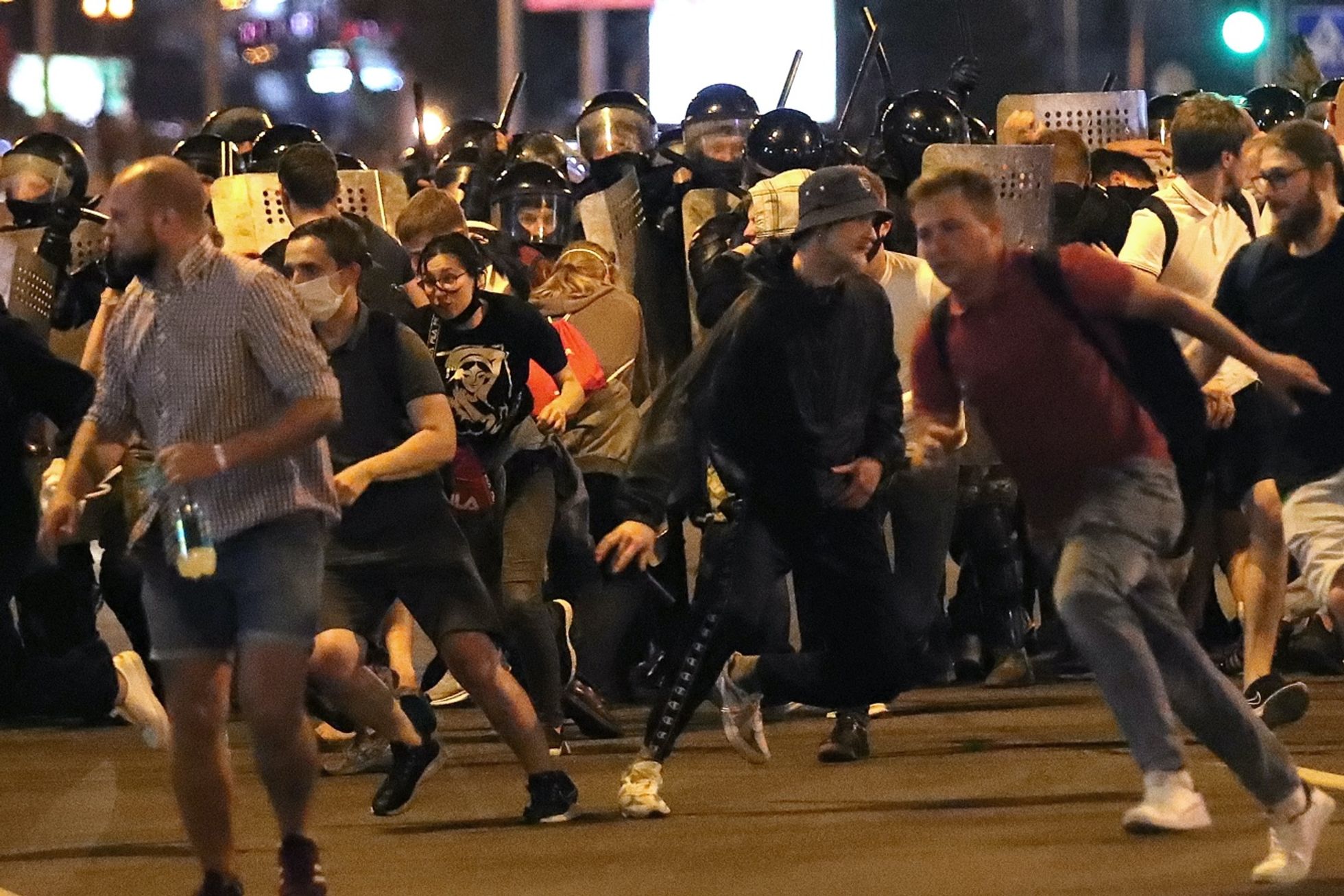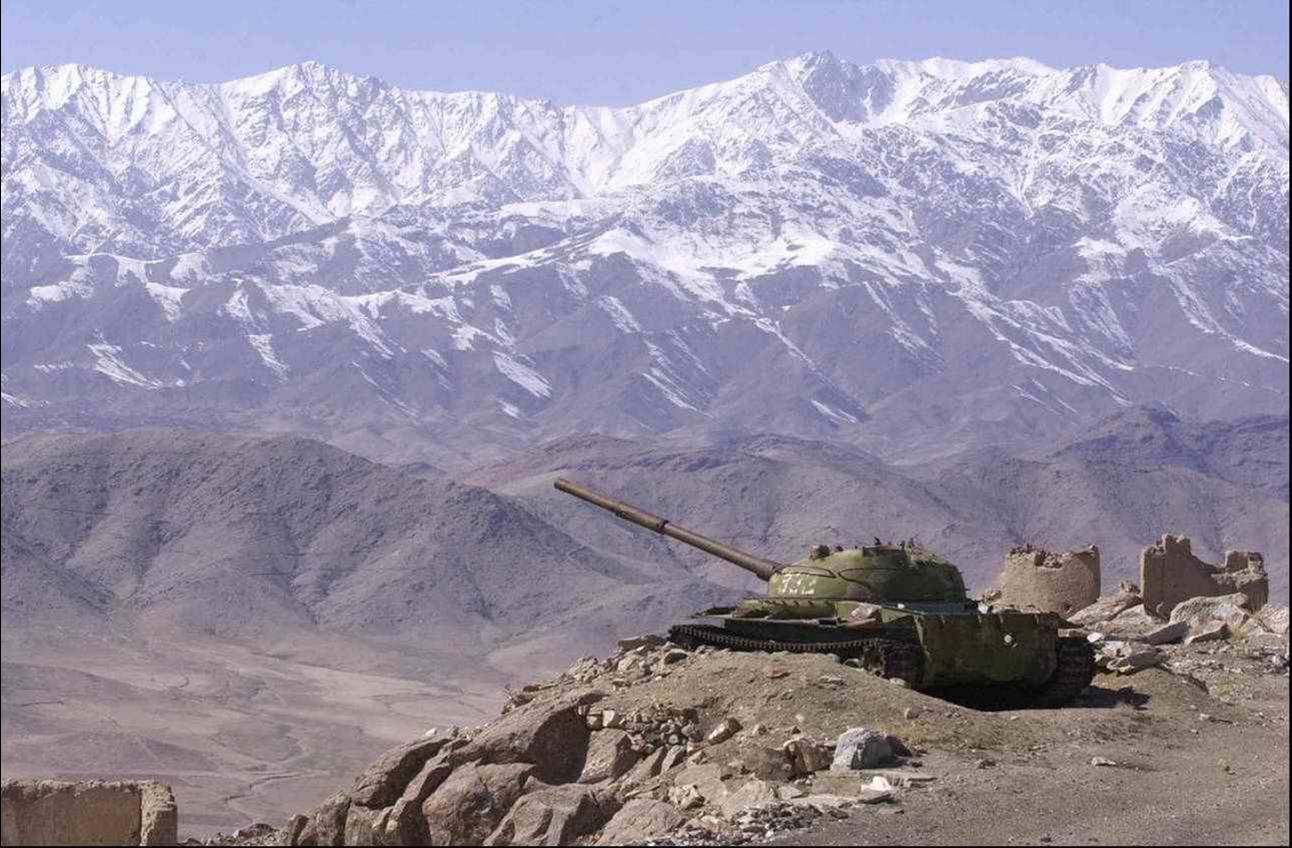Libya: will ceasefire really be ‘permanent’?
Libya’s warring factions signed a “permanent ceasefire” agreement, raising hopes of progress toward ending the conflict and chaos that has gripped the country since Muammar Qaddafi was overthrown and killed during a 2011 NATO-backed uprising. The internationally recognized Government of National Accord (GNA) and eastern forces led by Gen. Khalifa Haftar have been fighting for control of Libya since April 2019—each backed by a bevy of militias in a war that has seen international powers join the fray and an arms embargoroutinely violated. While violence has subsided in the capital city of Tripoli in recent months, countrywide peace efforts have until now gone nowhere. Acting UN head of mission Stephanie Williams hailed the agreement, hammered out during talks in Geneva, as “an important turning point,” but some have expressed doubts that it can be implemented on the ground. Under its terms, all foreign fighters must leave within three months, and a new joint police force will aim to secure the peace. The ceasefire is to start immediately. (Map: CIA)




